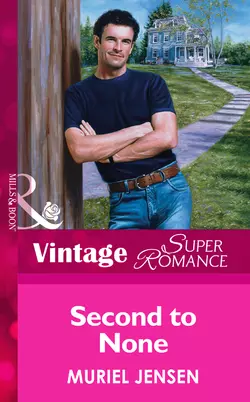Second To None

Muriel Jensen
Тип: электронная книга
Жанр: Современные любовные романы
Язык: на английском языке
Стоимость: 152.86 ₽
Статус: В продаже
Издательство: HarperCollins
Дата публикации: 16.04.2024
Отзывы: Пока нет Добавить отзыв
О книге: The DELANCEY BROTHERSThree very different brothers. Three very different lives. One great opportunity.What′s a tough cop doing in a place like this?Mike Delancey was one of the best hostage negotiators in Texas. But he′s left that behind to work in the winery he and his brothers inherited.He was ready for a change, but nothing could have prepared him for Veronica Callahan. Because Veronica and her day-care center represent the two things he swore he′d never have anything to do with again–women and children.Veronica′s a woman with a very interesting past–and a detailed plan for the future. Coming to Delancey Vineyards and starting a day-care center fulfills the first part of the plan. The bad news for the extremely reluctant Mike Delancey is: The second part–marriage and a family–involves him!